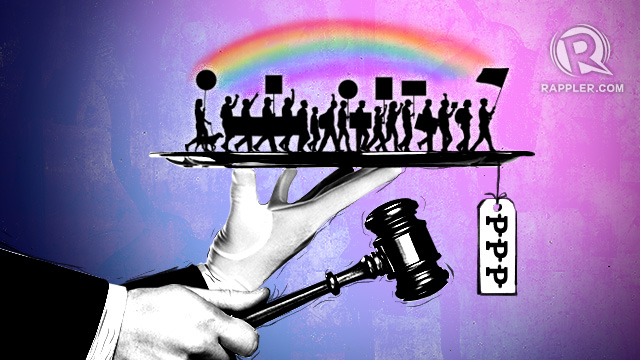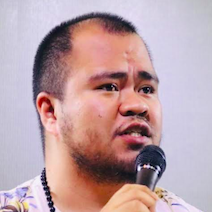

If asked about why Pride is important, activists would more likely say that it is a way for the LGBTQIA community to be visible. To be publicly seen is crucial at this time when legislative battles require sizable warm bodies to prove urgent demands for LGBTQIA rights. However, visibility is dangerous because it could hold back the evolution of our identities.
Dangers of visibility
While visibility helps avoid discrimination, not all forms of being seen are immune from the dangers of exclusion. When we seek legislation, it is natural for us to adapt the legal vocabulary which requires clarity, discreteness, and precision. To be worthy of state protection, we are required to confess our identities along rigid lines of certain labels easily understandable in the eyes of the law and the general public.
It is within this context that labels like SOGIESC and LGBTQIA gained some popularity. They present discrete typologies distinguishing aspects of identities to come up with precise categories of sexual orientation, gender identity, expression, and sex characteristics. Labels like these run the risk of silencing identities that defy any typology.
The word bakla, for instance, carries various experiences: babaeng bakla, baklang kanal, bakla pero nag-asawa ng babae, baklang-baklang magmahal, and mukhang bakla. In these usages, bakla combines gender, sexuality, mannerisms, clothing, class, taste, romance, and love, among others. They do not fit smoothly within popular labels. The narratives of the bakla could not be reduced to any specific aspect of identity or any one label under SOGIESC or LGBTQIA. (READ: Sex, gender, and SOGIE)
The complexity of the bakla does not make it accessible to legislative discussions where precise definitions are valued. However, using LGBTQIA or SOGIESC as its proxy misses complex and rich experiences. Years ago, one of my colleagues worried about being criticized if she used bakla instead of trans woman to describe narratives of bodily transitions of rural participants. Although she chose the former to honor her participants' identification, her initial fear shows the possibility of silencing some bakla narratives due to our obsession with rigid labels. (READ: Why the term 'bakla' can be more closeting than liberating for some)
Dangers of consumerism
The popularity of these labels emerged due to the support of businesses that aim to exploit them and profit from our identities. From being shadows relegated to spaces far from the sight of mainstream society, we now surface as a predictable segment of the consuming public as LGBTQIA. Businesses seek to identify a segment of the population and to profit from this segment. The discrete usage of identity labels under the law will further help the market to do just that.
Pride Marches around the world have been sites for businesses to profit from our identities. To assure corporate support, some Pride organizers utilize mobilizing styles that value efficiency and predictability rather than diversity of voices. This enables the ability of corporations to easily design marketing schemes that encourage LGBTQIA individuals to buy their products and services. This economic process is dangerous because it anchors our self-worth to how much we can consume rather than to our rich and complex human experiences.
Messy futures
To say that visibility is dangerous is not to argue for invisibility. Not being seen is also dangerous. Many have died and suffered various forms of assault in sheer silence. Nonetheless, exclusions resulting from our rigid use of labels in view of profits should invite us to reflect on how our own labeling and mobilizing practices could potentially suppress rather than emancipate fluidities, diversities, and evolutions. (READ: Gender and Sexuality 101: Learn before you discriminate)
Identities are never fixed. They evolve in different ways and directions – top, bottom, side, versatile, front, back, outward, inward, and many more. Pride Marches should present messy spaces that constantly evolve to escape the prediction of the state and the market. We should not allow SOGIESC, LGBTQIA, bakla, and tomboy to be used for business and political interests. They are meant to put the richness and uniqueness of our identities into the limelight, not hold them back. After all, to be genuinely visible is to be recognized in all our diversities, messiness, complexities, paradoxes, tentativeness, and discontinuities.
Have a messy Pride, everyone! – Rappler.com
John Andrew G. Evangelista or Andoy is an Assistant Professor of Sociology at the University of the Philippines-Diliman. He facilitates gender and sexuality studies trainings in various grassroots communities because he believes in the crucial role of gender and sexuality analyses in critically theorizing and transforming social structures that breed inequalities in society.